Potentially, Everything is Light
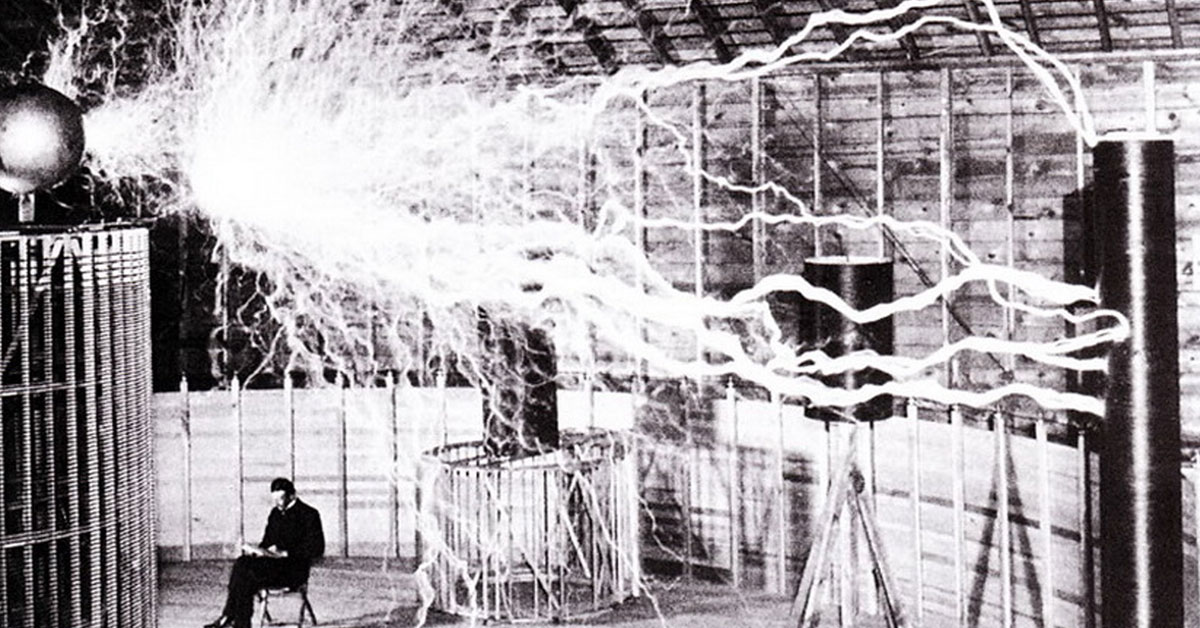
Nikola Tesla was said to have said “everything is light.” That is potentially correct. In theory, the universe could be explained by electromagnetic energy.
Philosophical theories are theories that are philosophical, rather than purely scientific by nature. Meanwhile, philosophical concepts can be loosely describes as ideas or “concepts” that are philosophical in nature.
Generally, a concept is a single idea, a theory is an explanation of how something works, and philosophy is simply the study of that which we can’t know for sure (see the branches of philosophy.).
So then, for our purposes, philosophical theories and concepts is simply a broad category that contains all non-scientific theories worth discussing.
TIP: For a great explainer on the basics of Philosophy see Tamar Gendler: An Introduction to the Philosophy of Politics and Economics by Big Think.
NOTE: Some scientific theories that spark metaphysical philosophical questions are categorized here (as well as under their respective scientific fields). Learn more about scientific theories.

Nikola Tesla was said to have said “everything is light.” That is potentially correct. In theory, the universe could be explained by electromagnetic energy.
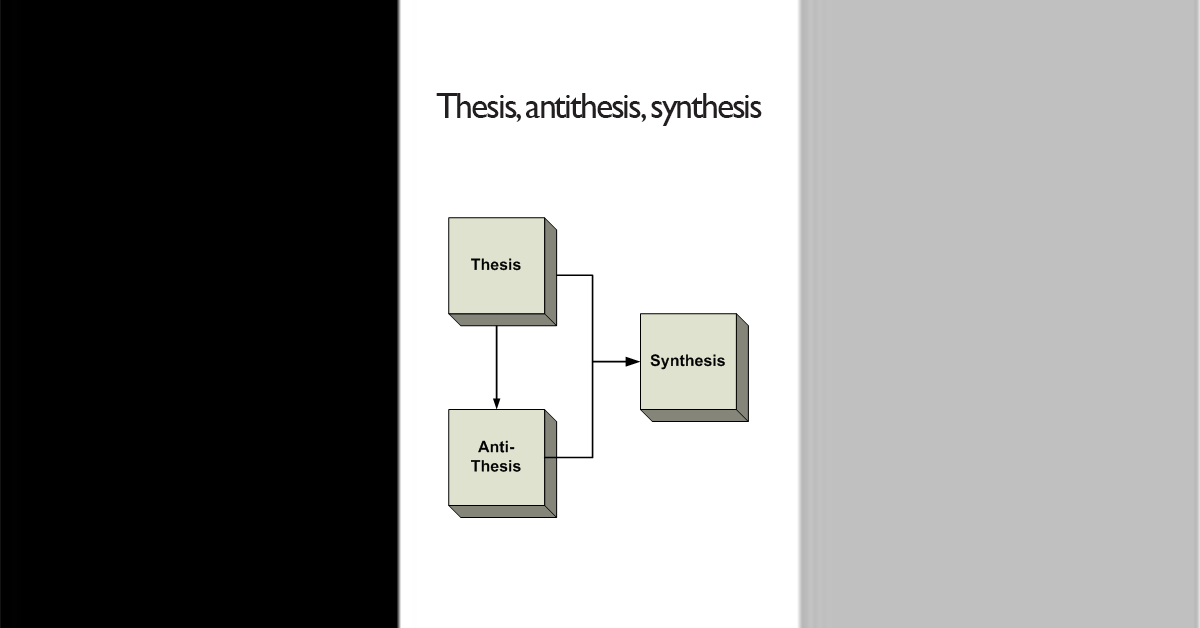
In simple terms, analysis examines a system by dividing a whole into its parts, and synthesis examines a system by combining and comparing parts.
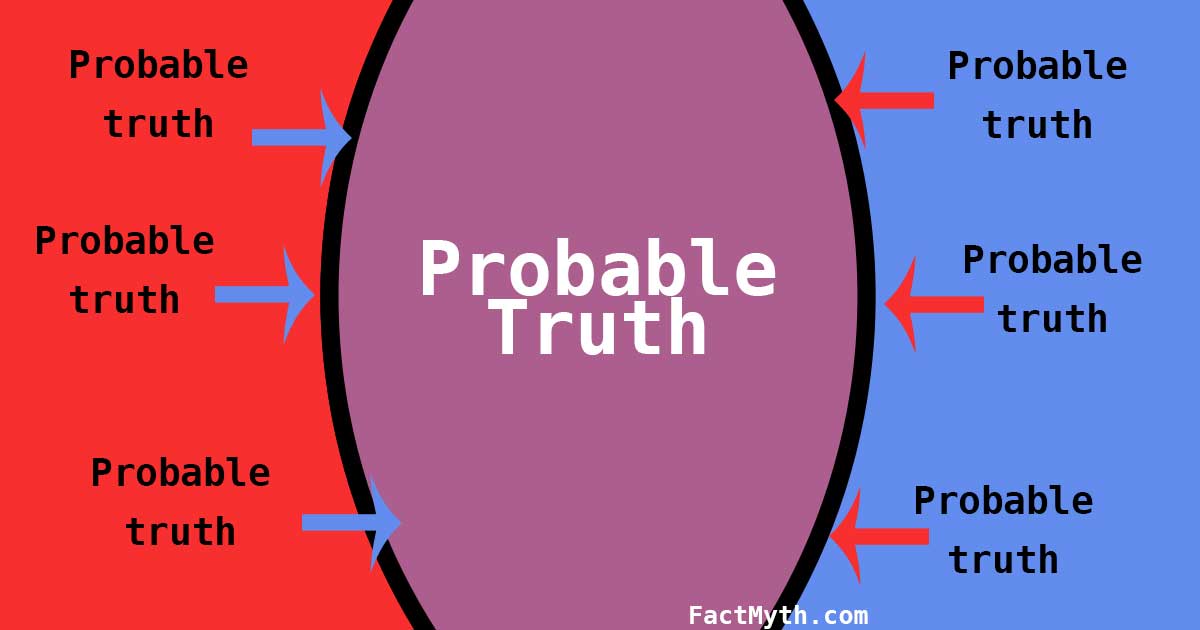
We explain inductive reasoning, a bottom-up reasoning method that reasons by consistency, comparing particulars and probabilities to find likely truths.
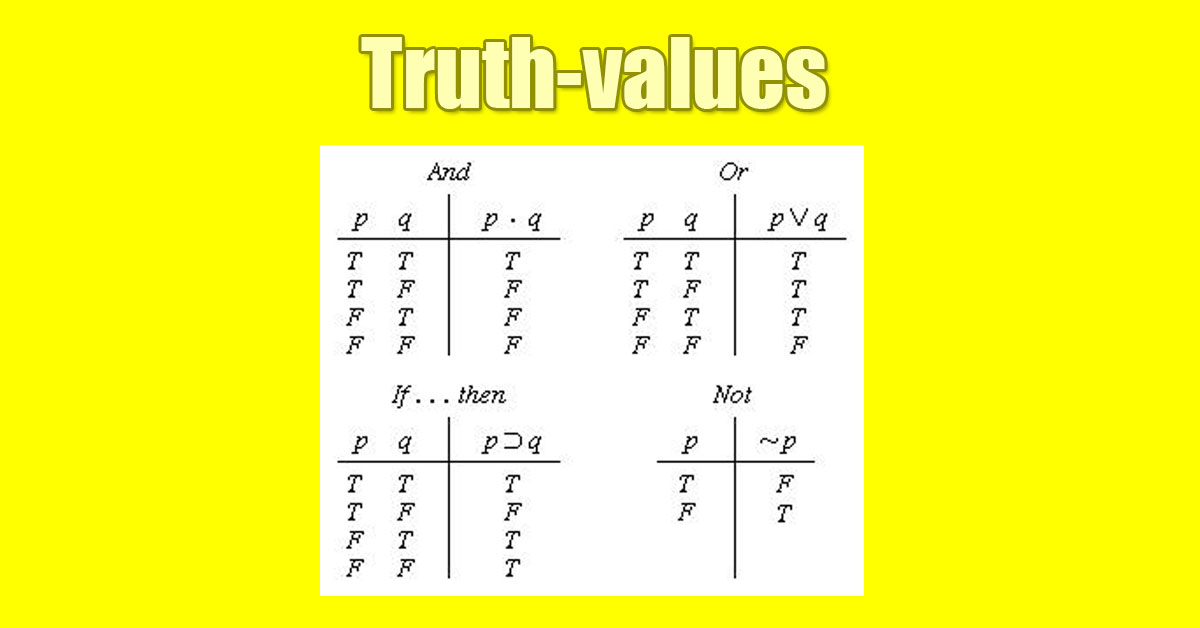
A truth-value is a label that is given to a statement (a proposition) that denotes the relation of the statement to truth.

The saying “you can’t prove a negative” isn’t accurate. Proving negatives is a foundational aspect of logic (ex. the law of contradiction).
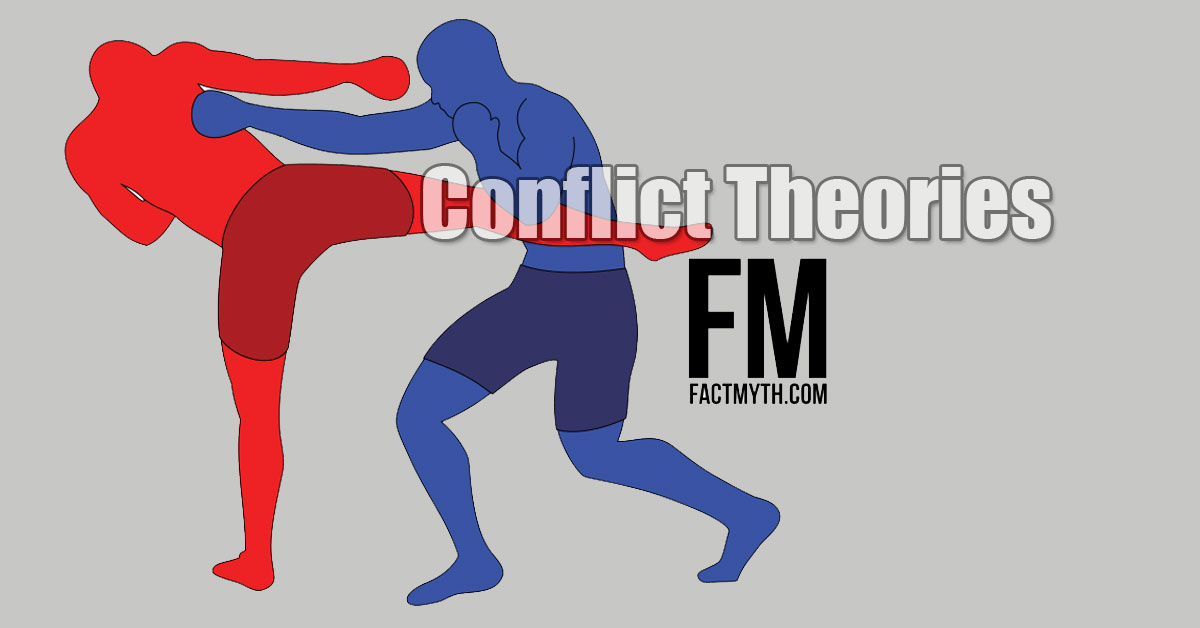
We explain Marx’s conflict theory and other conflict theories to show how tension between social, political, material, and other forces manifest.
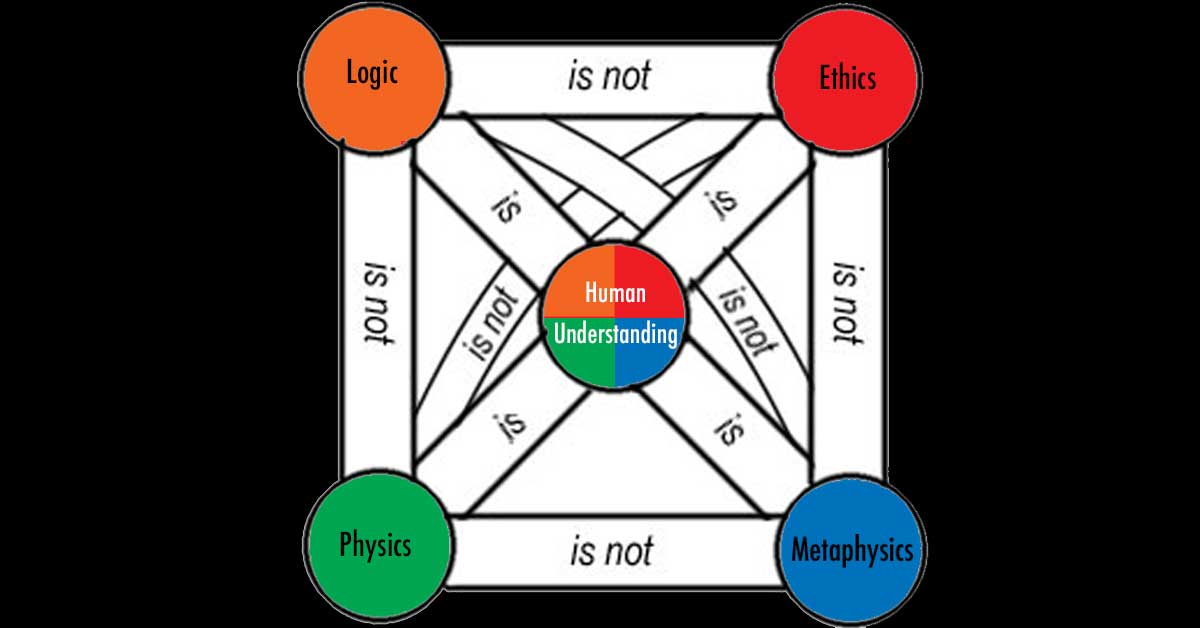
We present a system of “logical, epistemological, and ontological categories of being and knowledge” (categories to place all empirical and rational concepts into).

We define terms related to “the society of the spectacle” like commodity fetishism, consumerism, “proletarianization,” and alienation.
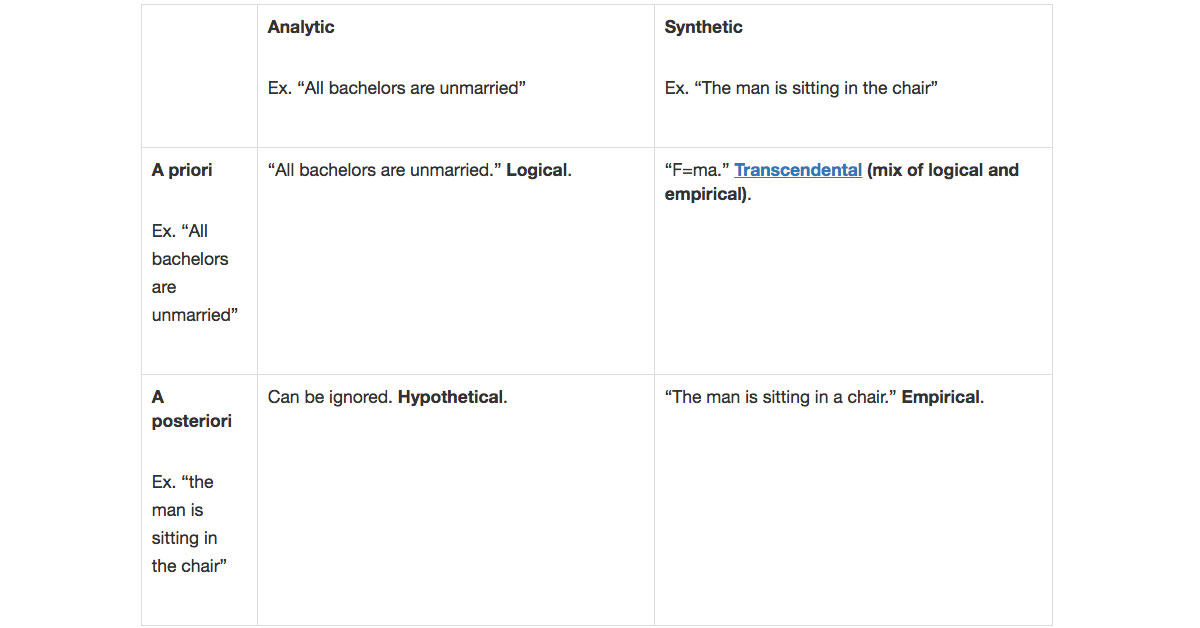
We explain the a priori-a posteriori distinction, analytic-synthetic distinction, necessary-contingent distinction and other logic-based terms.
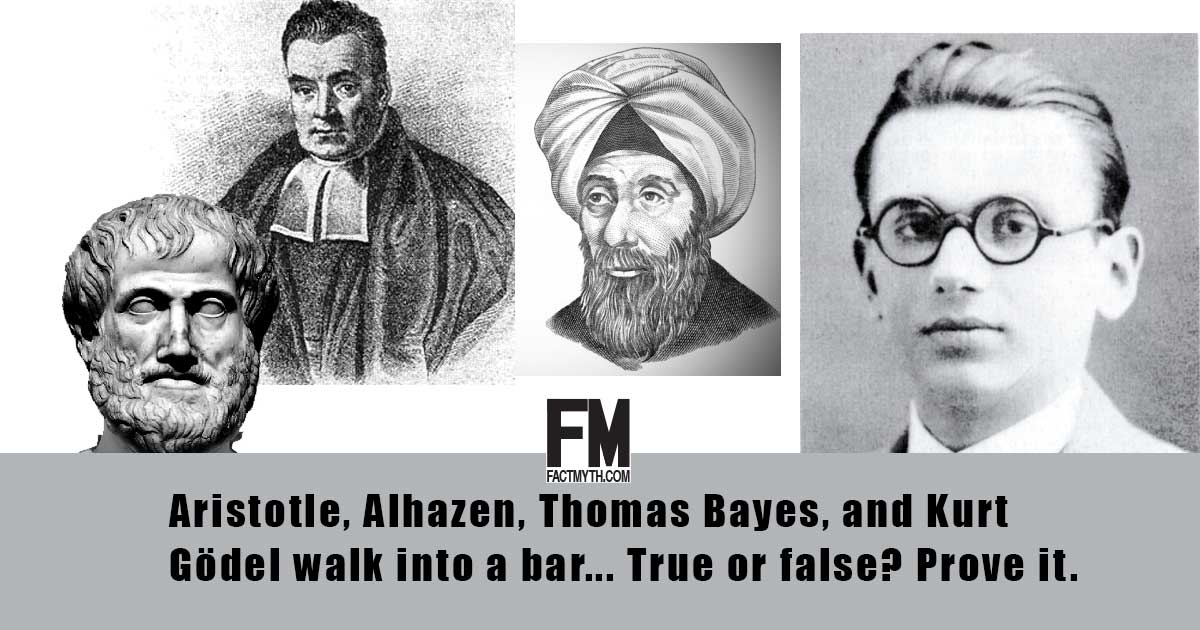
The idea that all truth is subjective, that there is no objective truth, is a myth. Everything either has an absolute truth value (even if we can’t know it) or is an opinion or belief.